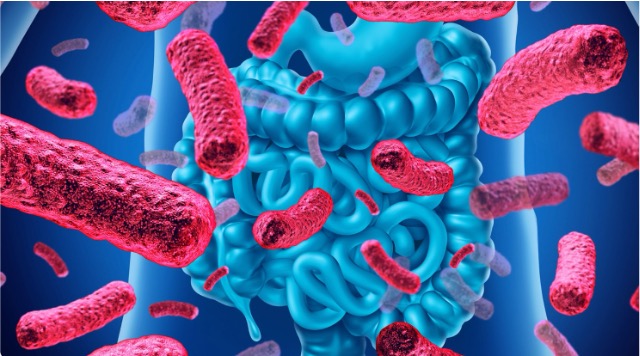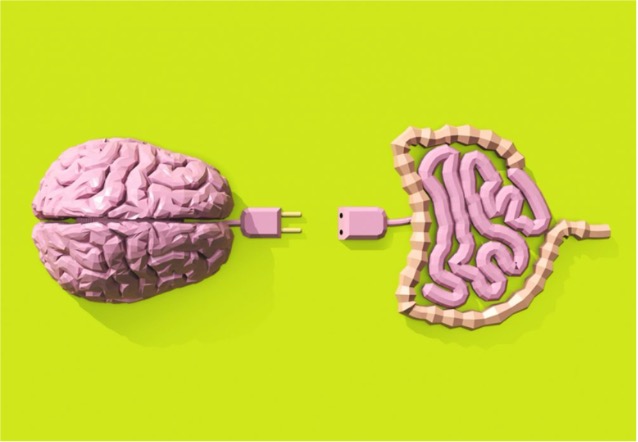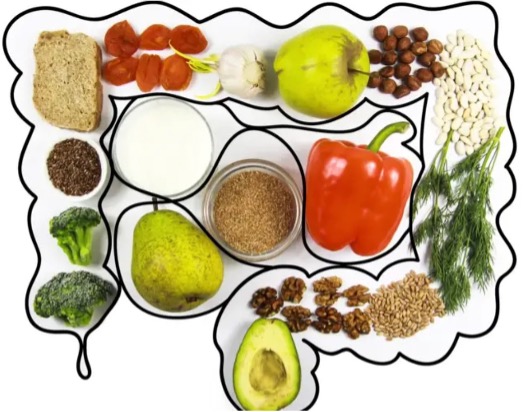For years, it was believed that the gut was simply a food-processing system.
However, in recent decades, scientists have discovered something remarkable: inside our intestines lives an ecosystem of trillions of microorganisms—bacteria, fungi, and viruses—that not only digest what we eat, but also affect our mood, immune system, and even our weight. This community is known as the gut microbiota, and its role in health is far more important than we ever imagined.
Arantxa Jiménez – Neolife Nutrition Unit
What Is the Gut Microbiota and Why Is It So Important?
The gut microbiota is the collection of microorganisms that live in your digestive tract. Each person has a unique composition, like a microbial fingerprint. These bacteria collaborate with our bodies in many ways:

- They help digest complex nutrients.
- They produce vitamins (such as vitamin K and some B vitamins).
- They train the immune system.
- They regulate inflammation.
- They influence the production of neurotransmitters like serotonin.
The Gut–Brain Axis: A Highway of Signals

Here’s where it gets fascinating: your gut and brain are connected through what’s called the gut–brain axis, a two-way communication network that includes the vagus nerve, the immune system, and chemical signaling.
About 90% of serotonin, the neurotransmitter linked to well-being, is produced in the gut.
An imbalanced microbiota (dysbiosis) has been associated with depression, anxiety, and even neurodegenerative diseases.
Gut bacteria can also influence your eating behavior and stress response.
Studies have shown that people with obesity have a different bacterial composition compared to those with a healthy weight.
Some bacteria extract more energy from food, while others influence insulin resistance or fat storage.
Moreover, a less diverse microbiota can contribute to a chronic inflammatory state—a key factor in metabolic diseases such as type 2 diabetes.
How to Take Care of Your Microbiota

There are many practical ways to maintain a healthy gut:
- Increase your fiber intake (fruits, vegetables, legumes, whole grains).
- Include fermented foods (kefir, natural yogurt, sauerkraut, kombucha).
- Avoid excessive refined sugars and ultra-processed foods.
- Avoid unnecessary antibiotics.
- Exercise regularly.
- Reduce chronic stress.
Probiotics (live microorganisms) and prebiotics (fiber that feeds those bacteria) can also be helpful, but it’s always best to consult a healthcare professional before taking supplements.
Conclusion
Your gut doesn’t just digest food—it also influences your mood, metabolism, and overall health.
Taking care of your microbiota means taking care of yourself. Eating well, staying active, and reducing stress aren’t just good ideas—they’re essential for maintaining a healthy internal ecosystem.
BIBLIOGRAPHY
(1) Revista eBioMedicine (2023). Gut microbiota and its metabolites in depression: from pathogenesis to – Revisión de metabolitos microbianos y aplicaciones terapéuticas. The Lancet+1PMC+1
(2) Santomauro D.F., Mantilla Herrera M., Shadid J., et al. (2022). Gut Microbiota Metabolites in Major Depressive Disorder—Deep Insights into Their Pathophysiological Role and Potential Translational Applications. Metabolites. Metabolitos como SCFA y triptófano en trastornos depresivos. PMC+1PMC+1 www.elsevier.com+139ytu+1
(3) Montoya-Moreno M. (2025). Microbiota intestinal y salud mental: una conexión emergente en la medicina Rev Med UAS, 15(1).
(4) CSIC (2023): Investigación de Yolanda Sanz sobre microbiota y salud mental.
